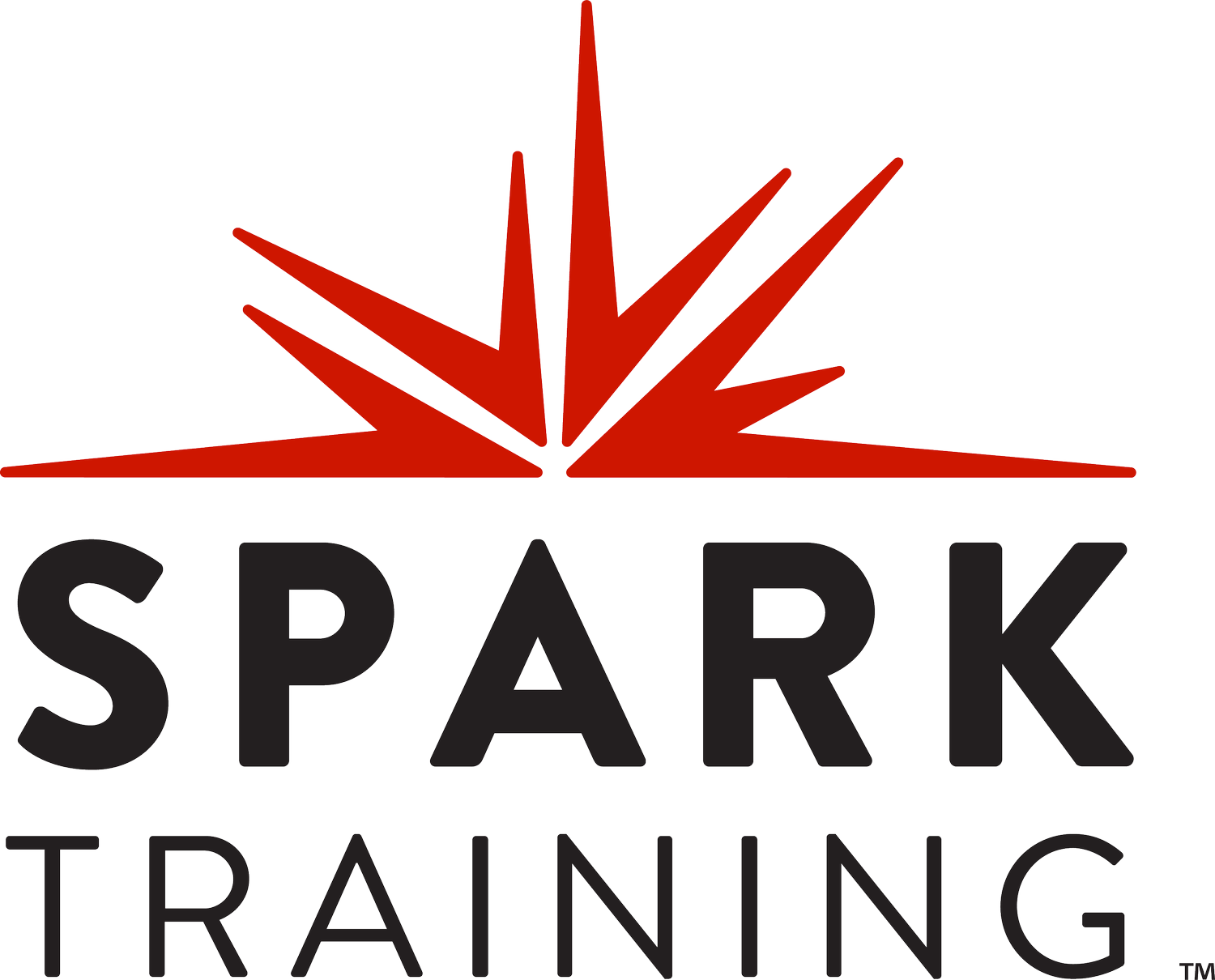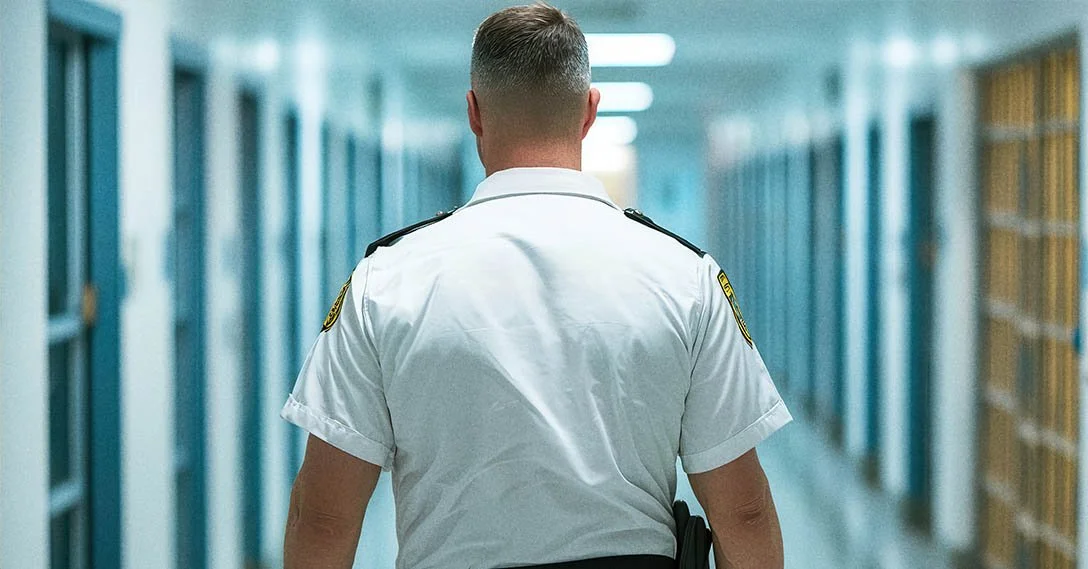Wearing Two Hats: Correctional Officers
Today's correctional officers are juggling too many responsibilities. They’re expected to be subject matter experts (SMEs) in their respective roles AND manage the overall safety and security of the jail. The more we task them with, the more potential there is for things to go astray. Rather than burdening officers with two hats, we should promote collaboration with subject matter experts for additional support.
Hold the line
Correctional officers should focus on their core role: holding the line. For peace officers, this means stopping crime and upholding the laws of our society. In the jail, correctional officers are tasked to do this in addition to upholding security within the jail. When we ask officers to tackle issues outside this role, we overextend their capabilities, making it harder for them to perform their primary duties effectively.
Think of a road patrol officer. Their job is to respond to incidents, gather data, and provide an initial overview of the scene. They’re the first line of defense, holding the line against crime. When we expect the patrol officer to go above and beyond this role and investigate the evidence collected, we ask the officer to overextend. Instead of devoting their time to preserving the scene, they’re now expected to take the evidence from the scene and draw their own conclusions without an additional perspective.
Debates about law enforcement officers testifying as both expert and regular witnesses have been raised to point out problems of credibility and confusion in the courtroom.1 Expecting officers to fulfill multiple roles isn’t just a problem for officer witnesses; confusion and lack of credibility are not words to associate with correctional officers on the job. Hold the line.
Partner with experts
For issues beyond their primary responsibilities, correctional officers should partner with other SMEs. This includes medical and behavioral health experts. It’s not a new concept, we’ve seen it in municipalities for years. Take a road patrol office as an example.
A road patrol officer can get promoted to a detective. With extra training and education, the detective supports the case by investigating specifics, dusting for fingerprints, interviewing witnesses, and uncovering clues. This elevation of skillsets has been recognized for ages. So, why expect anything different in corrections?
By partnering with experts, correctional officers can focus on their core duties while getting the specialized support they need for complex situations. It can be hard to determine if a situation rises to the level of needing a health care referral. Officers want to be respectful of health care professionals’ time but should partner with experts who can support these kinds of decisions. Officers don't have to take on the burden alone. Referring often should not just be seen as okay; it should be desired. Partner with experts.
For more information, please contact training@sparktraining.us.
Guthrie, Catherine (2007). One Witness, Two Hats, Three Cases. National Clearinghouse for Science, Technology and the Law. https://www.ojp.gov/ncjrs/virtual-library/abstracts/one-witness-two-hats-three-cases
Disclaimer
All materials have been prepared for general information purposes only. The information presented should be treated as guidelines, not rules. The information presented is not intended to establish a standard of medical care and is not a substitute for common sense. The information presented is not legal advice, is not to be acted on as such, may not be current, and is subject to change without notice. Each situation should be addressed on a case-by-case basis. When in doubt, send them out!®





















